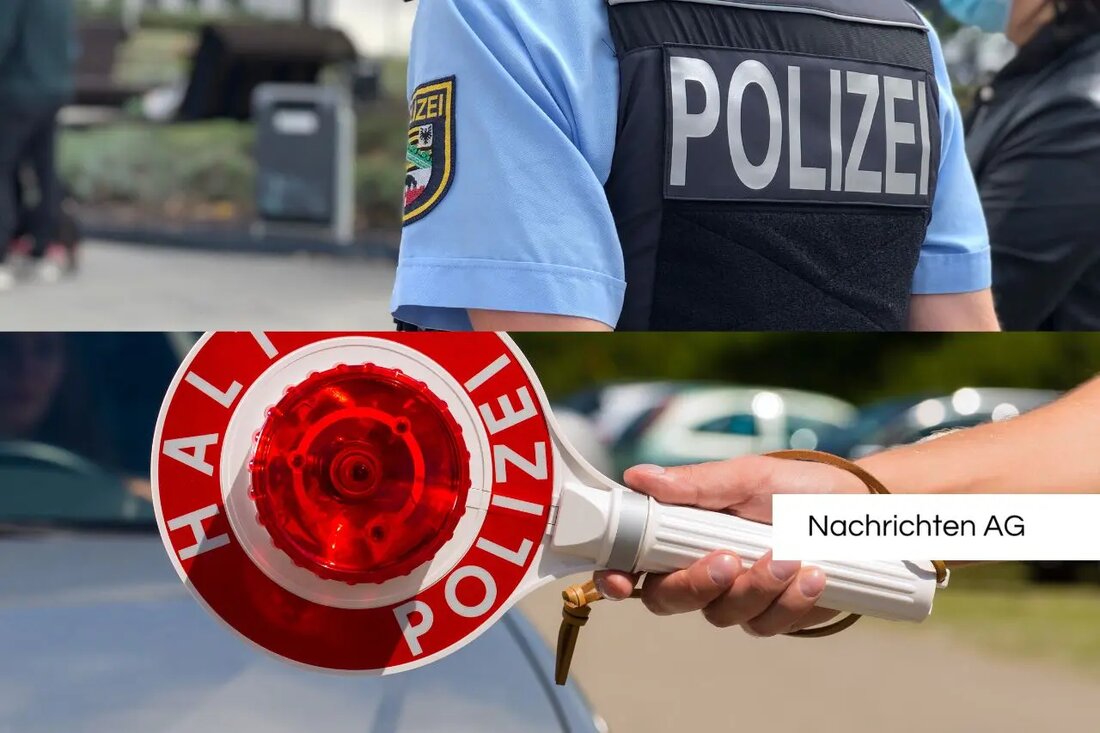Red light controls in Koblenz: Police reveals mysterious structures!
Red light controls in Koblenz: Police reveals mysterious structures!
In the Koblenz urban area, comprehensive controls were recently held in the red light milieu. According to Blick Aktuell were closely involved in the focus of the police and the city of Koblenz in order to proceed against illegal prostitution. During these controls, not only private apartments in which prostitution takes place were checked, but also taken suitable measures to clarify the existing exploitation structures.
A total of 16 people were checked, with a arrest based on a deportation hip command. In addition, the operation of a brothel in Koblenz-Lützel was prohibited because there was no approval. Several violations in the building and foreign law area were also found. These controls provided the authorities valuable information about the red light milieu and its structures.
goals of controls
The controls aim to determine the backers of prostitution and increase transparency in the prostitution industry. The Südwestrundfunk emphasizes that the police in cooperation with various authorities-including the tax investment and the foreigners - acts. The focus is particularly on housing prostitution in cities such as Bad Ems and Lahnstein, while working in brothels is not primarily in the foreground.
prostitution is legal in Germany, but it often remains associated with challenges such as forced prostitution and human trafficking. In 2023, the Federal Criminal Police Office counted almost 300 procedures for sexual exploitation. It is important to the controlling police to disclose the structures behind such offenses and to identify those responsible.
sustainable effects and next steps
The head of operations Kathrin Süßenbach emphasized that the women should not be molested during these controls. Rather, they should be checked in a safe environment. During a recent check in Lahnstein, some of the women who were not correctly registered or were not allowed to work in Germany were brought to the district administration to carry out further reviews. A suspected pimp was also found and the police are planning to collect information about how women are moved to different locations and to whom they pay funds.
The close cooperation between the Koblenz authorities seems to be a promising approach in order to illuminate the complex topic of prostitution and thus also potentially contribute to combating criminal structures. The knowledge gained could not only serve to further determine crimes, but also to better support affected women and to improve their situation. Further information on the challenges of forced prostitution can be found on Mission Freedom .
| Details | |
|---|---|
| Quellen | |


Kommentare (0)